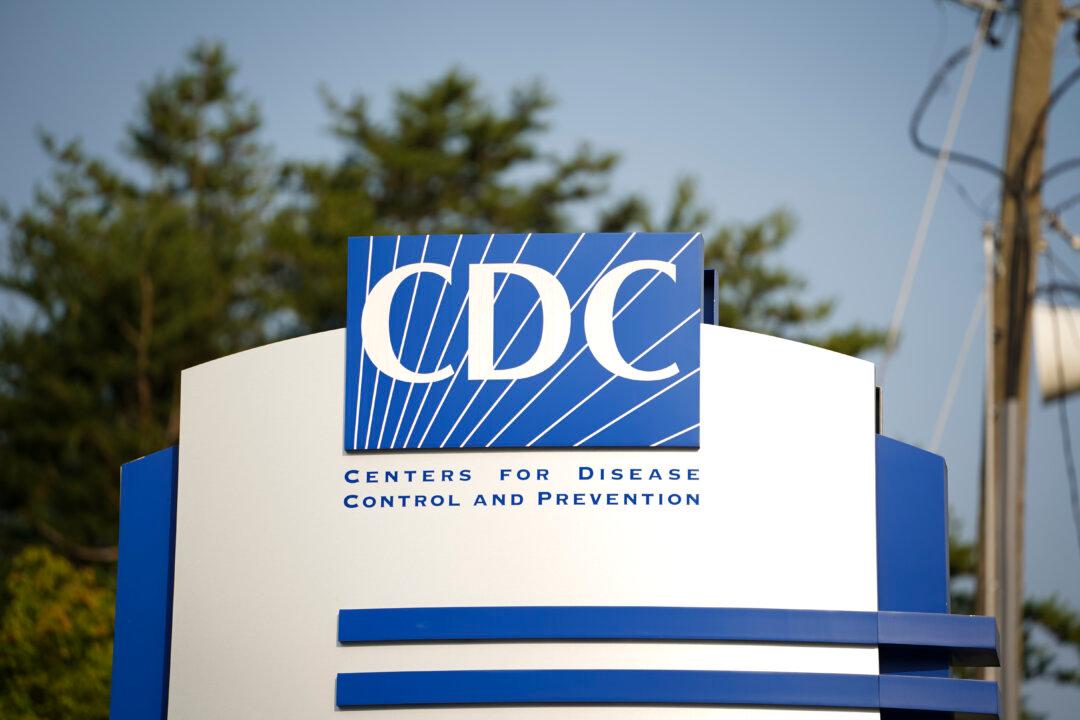Few older adults are taking the recently cleared respiratory syncytial virus vaccines, according to new studies from the U.S. Centers for Disease Control and Prevention (CDC).
Just 9.8 percent of seniors in nursing homes have received one of the shots against the virus, known as RSV, one of the papers showed.





